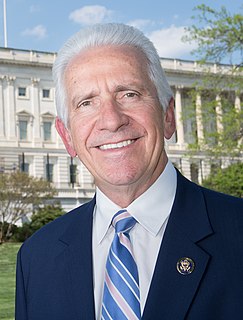A Quote by John T. Chambers
I think India should be our top ally in Asia Pacific. And the two countries have so much in common, including being the largest and most powerful democracies.
Related Quotes
We spoke about economic sanctions only recently in Lima, within the framework of APEC. Almost all the leaders represented at APEC (the Asia Pacific region), Pacific countries, spoke about the same thing, namely, that we are going through a very acute crisis in world trade, international trade, related, among other things, to restrictions on the markets of certain countries.
Gujarat's e-governance projects have been recognized in the country and abroad. To give a few examples- Gujarat has the largest Wide Area Network in the Asia Pacific. It is the first State to provide broadband connectivity in all schools and villages. It makes maximum use of video-conferencing including trial of the prisoners. Gujarat's ICT based Grievance Redressal System called SWAGAT has got the United Nation's Public Service Award. In addition, it has received eleven national awards for our various e-services.

































